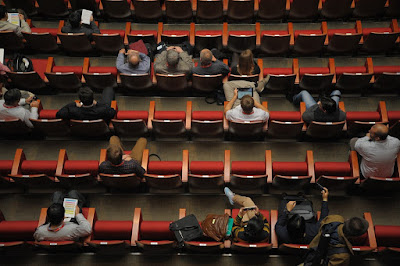Meet the conference speakers!

We are very excited about all the great people who are coming to Tallinn for the conference "CAP 2020. Towards sustainable agriculture". There will be environmental and agricultural organisations, agricultural experts, farmers and officials of Estonia and the other EU Member States attending the conference. Here is the list of speakers: Marko Gorban - Deputy Secretary General , Estonian Ministry of Rural Affairs Harry Liiv , Deputy Secretary General , Estonian Ministry of the Environment Kaul Nurm , Member of the Council, Estonian Farmers Federation Juhan Särgava , farmer, Baltic Sea Friendly Farmer of the Year 2013, SaidaFarm Ottilia Thoreson , Programme Director, WWF Baltic Ecoregion Programme Jabier Ruiz , EPO Senior Policy Officer, Agriculture and Sustainable Food System, WWF Mikhail Durkin , Executive Secretary, Coalition Clean Baltic (CCB) Inés Jordana , Senior Agriculture and Food Policy Officer, SEO/BirdLife Faustine Bas-De...



